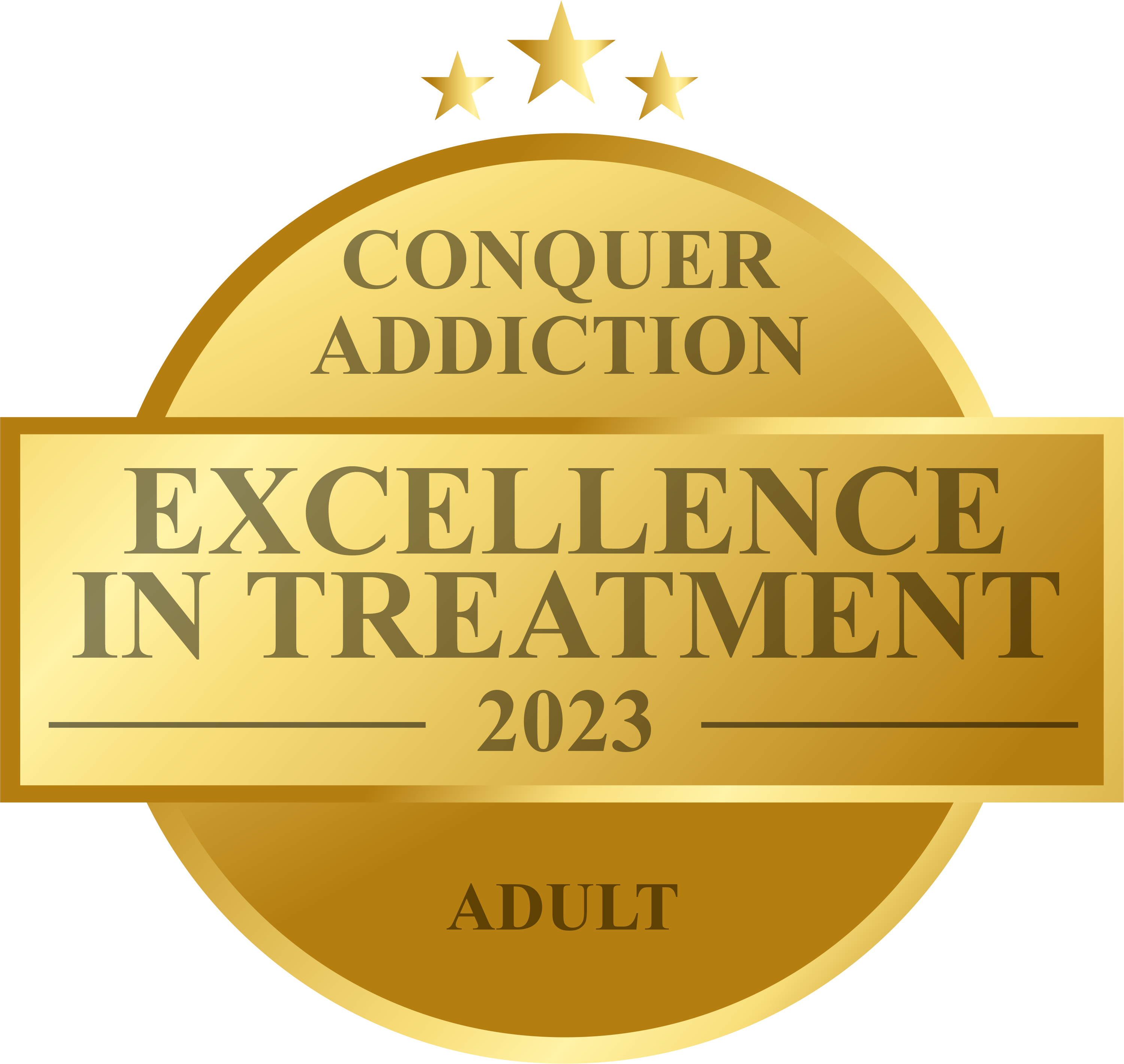
At some point in every person’s life, grief will be encountered. As much as we might dread it or try to run from it, the nature of life is that grief is inescapable. By loving another person, we inherently need to understand that one day either we will lose them or they will lose us. There is no permanence in this world, and that, understandably, scares some people. With this in mind, it is worth looking at the apparent connection between grief and addiction, and how they each have the power to fuel each other to something far more nefarious.
Addiction finds people at their lowest moments
Nobody ever envisions themselves becoming an addict (well, at least not most people). Addiction isn’t something that somebody just suddenly decides to take up one day. The temporary solace of substance abuse is something that tends to appeal to people at low moments in their life. In this way, a heavy grief can be a profound motivator that leads people towards substance abuse.
Substance abuse often starts as a coping mechanism
Drugs and alcohol, for all of the harm that they cause, do provide temporary relief. That’s why so many people get hooked. When people don’t have a productive way to respond to grief and work through their feelings, substance abuse provides a strong temptation to simply numb the pain, which is something that drugs and alcohol do very well. In this way, addiction, through grief, works like a trojan horse as it takes over your life while you think you are protecting it from something else.
Grief and purpose
Alongside the initial pain that grief can cause, grief can also lead to other questions and soul searching. Indeed, nothing like the loss of a loved one provides such a springboard into larger questions about our own purpose. This existentialism can lead to a loss of connection from the things around us that bind us to our reality, and make us question our place in our community, with our family, and our own beliefs about life. When grief disconnects us from these immensely personal things, then it leaves a hole in us where we might look for something to fill us with temporary fulfillment. Obviously, substance abuse has entered people’s lives in this way more than once.






Comment